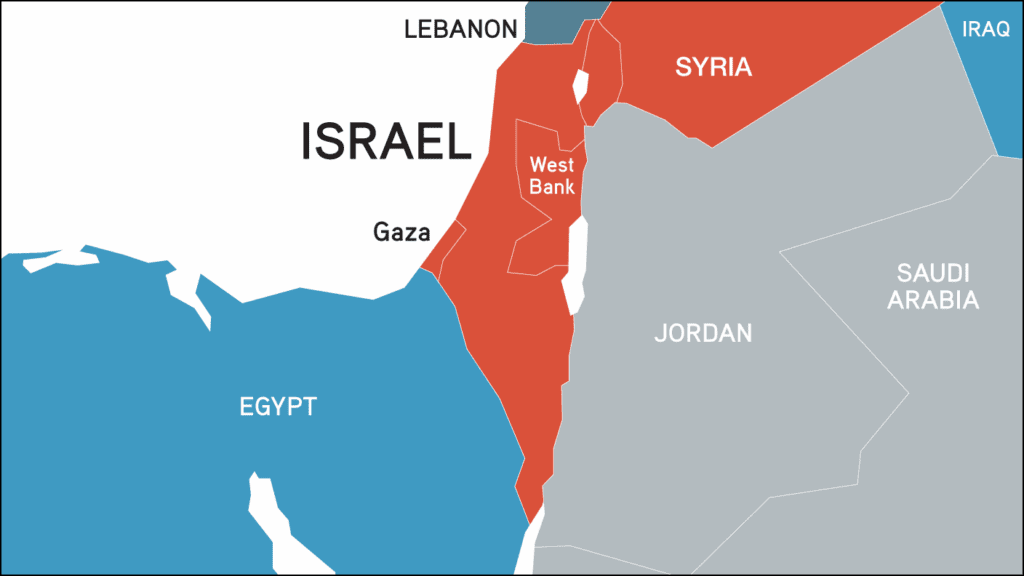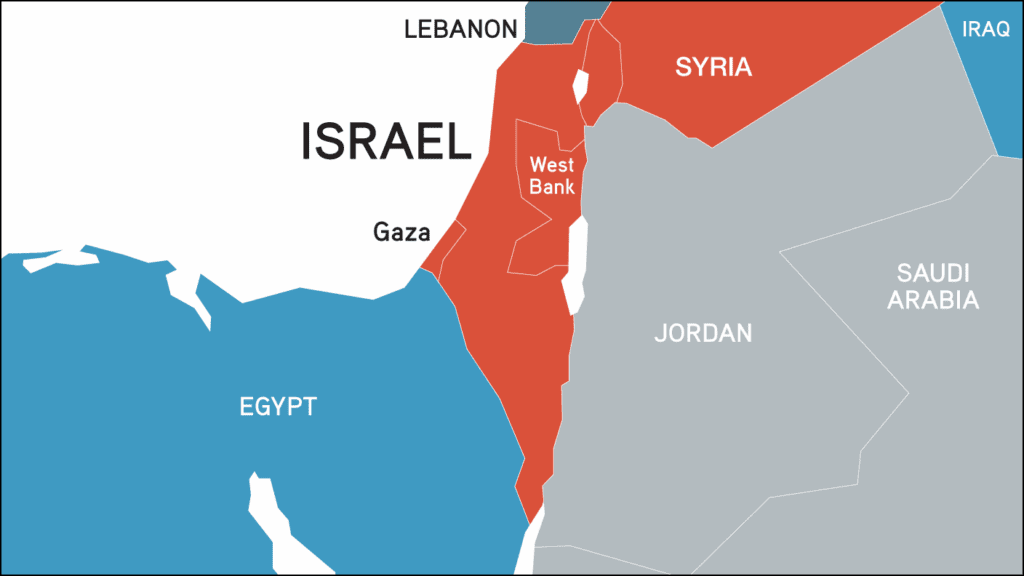
World Court Demands Israel Open Aid Channels To Gaza

The International Court of Justice in The Hague issued an advisory opinion stating that Gaza Strip's occupying power must facilitate humanitarian relief efforts by the United Nations Relief and Works Agency for Palestine Refugees in the Near East and other UN bodies, and ensure the civilian population's essential needs for food, water, shelter, fuel and medical care are met.
Presiding Judge Yuji Iwasawa declared that Israel“is under the obligation to agree to and facilitate relief schemes provided by the United Nations and its entities, including UNRWA” within Gaza and the occupied West Bank. The court found Israel's mandates under international law - including the UN Charter and the 1949 Geneva Conventions - imposed obligations that go beyond mere permission of aid passage, demanding active steps to make relief effective.
The opinion characterised certain Israeli measures as reaching the threshold of using starvation as a method of warfare. According to the court, Israel had failed to provide adequate evidence to justify withholding cooperation with UNRWA on the basis of security risks or alleged infiltration by Hamas. It criticised the alternative agency established by Israel, the Gaza Humanitarian Foundation, as insufficient to discharge the broader obligations of the occupying power.
UN and humanitarian actors welcomed the ruling. UN Secretary-General António Guterres described the decision as“very important” and urged the parties to abide by it. Commissioner-General Philippe Lazzarini of UNRWA said the ruling offers a clear mandate for the agency's return to full operations in Gaza.
Israel reacted by rejecting the advisory opinion, claiming its own actions are compliant with international law and rest on legitimate security concerns tied to Hamas. A statement from the Israeli spokesman denounced the ruling as ignoring the reality of battlefield conditions and the threat posed by militants embedded within civilian areas. The United States echoed this criticism: the State Department labelled the ICJ's decision“politically motivated” and argued the court lacked jurisdiction to impose such obligations on Israel.
See also Arctic Ambitions Drive Russia-China Pact on Northern Sea RouteLegal analysts note that although ICJ advisory opinions are not legally binding, they carry significant moral and political weight. Many observers believe the ruling increases pressure on Israel to adjust its policies, and may influence votes or resolutions in the United Nations General Assembly. One external jurist commented:“The obligation goes beyond allowing trucks to pass; it demands that the occupying state ensure distribution is regular, fair and non-discriminatory.”
The humanitarian context in Gaza remains dire. UN agencies estimate that thousands of Palestinians have died near aid distribution points, with parts of the territory declared to be facing famine conditions. The court highlighted mass population transfers and restrictions on UN and NGO access as aggravating factors that breached Israel's obligations to the civilian population.
Critics of Israel's blockade emphasise that the entry of goods has been severely constrained since October 2023 and that the alternative mechanisms offered by Israel fail to meet international standards for humanitarian relief. At the same time, supporters of Israel's approach argue that the security imperative of preventing arms smuggling and neutralising Hamas infrastructure complicates any wide-open relief access.
Parties in the Middle East and beyond are watching for immediate responses. Several UN member states have indicated their intention to pursue a General Assembly resolution grounded in the ICJ's findings. Norway, for example, has signalled its support for such a move. The implementation of the ruling may hinge on diplomatic leverage, coordination of humanitarian agencies, and Israel's willingness to adjust its restrictive regime.
The ruling comes against a broader legal backdrop: earlier this year the ICJ in a separate case ordered Israel to take provisional measures to prevent acts that could amount to genocide in Gaza, including facilitating aid entry. Within legal circles, the new opinion adds to a cumulative argument that Israel's responsibilities under international humanitarian law extend into ensuring access, not just permitting it.
See also Flash Floods Claim Four Lives in Arizona Mining RegionDistribution and operational questions remain urgent. UNRWA reports that some 6,000 trucks worth of aid supplies are ready in Egypt and Jordan awaiting entry into Gaza. The court noted that as occupying power, Israel must not only allow but support regular and non-discriminatory distribution. Meanwhile, Israeli officials continue to maintain that any wider access would compromise security efforts.
Humanitarian organisations caution that without implementation of the court's recommendations, the risk of further mass civilian suffering remains high. The judgment places a spotlight on who will oversee distribution, how aid will be monitored, and how security concerns will be reconciled with obligations to protect civilian life.
Notice an issue? Arabian Post strives to deliver the most accurate and reliable information to its readers. If you believe you have identified an error or inconsistency in this article, please don't hesitate to contact our editorial team at editor[at]thearabianpost[dot]com. We are committed to promptly addressing any concerns and ensuring the highest level of journalistic integrity.
Legal Disclaimer:
MENAFN provides the
information “as is” without warranty of any kind. We do not accept
any responsibility or liability for the accuracy, content, images,
videos, licenses, completeness, legality, or reliability of the information
contained in this article. If you have any complaints or copyright
issues related to this article, kindly contact the provider above.

















Comments
No comment